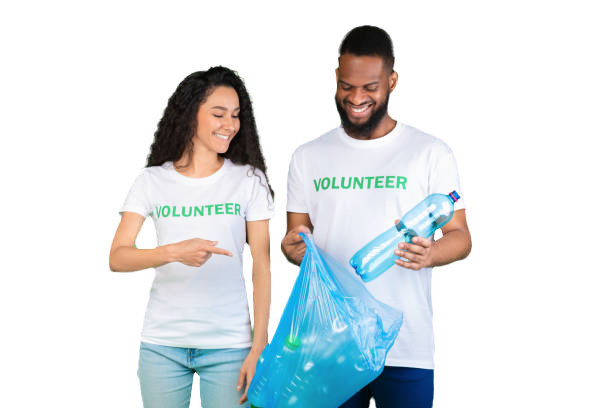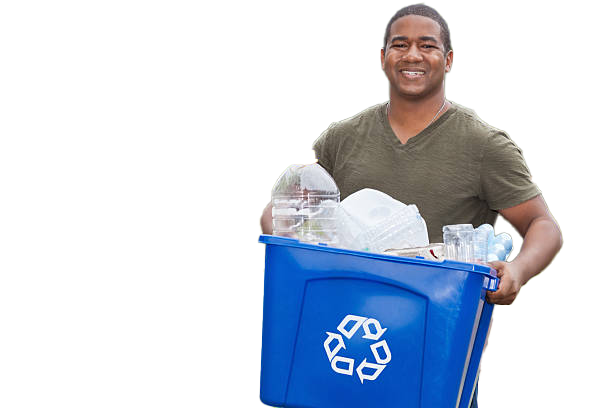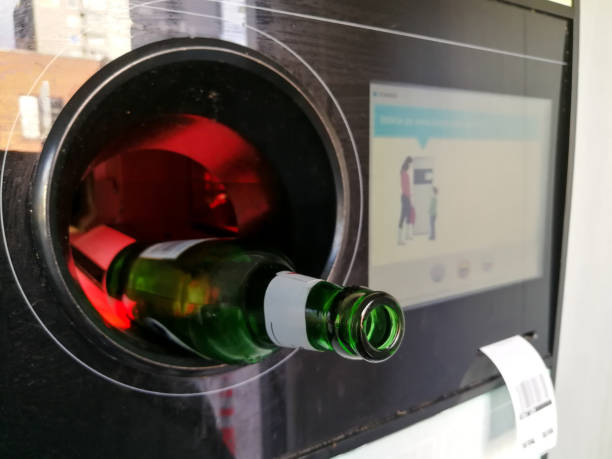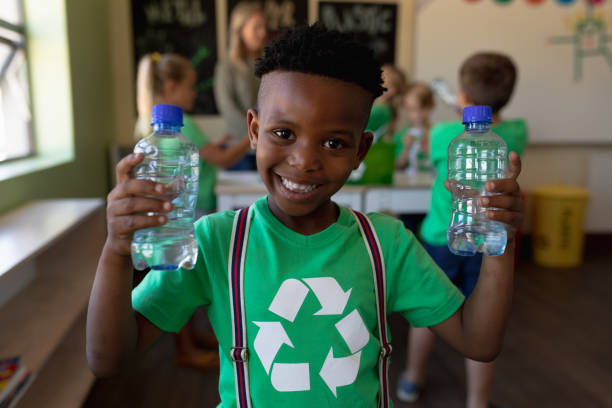
RVM Technology

Reverse Vending Machines use 4iR (fourth industrial technology) to provide an automated method for collecting, sorting and handling the return of used beverage containers for recycling or reuse. The machines, which accept used plastic bottles, glass bottles and aluminium cans dispense cash in return. This is one solution to reduce the 5.28 million bottles dumped daily into landfills. The proposal to install the machines is a fair plan to shift the financial responsibility of dealing with plastic waste over to the producer, while incentivizing consumers to recycle.
We are lobbying government for a new plan, consumers purchasing items packed in plastic bottles will be charged a deposit fee, which they can reclaim when they return the bottles to the machines conveniently placed at subway stops, snack vending machines, and in malls. A similar plan was implemented in Europe whereby recycling rates have been exceptionally high at 80%.


In 2019, South Africa converted 1 841 745 tons of polymer into plastics products, a decrease of 1.8 % from 2018.South Africa’s plastics industry is dominated by the packaging industry, which accounts for 49 % of the local market followed by Building & Construction and Agriculture. In 2019, South Africa recycled 352 500 tons of plastics back into raw materials. Of this, 14 755 tons were exported to converters elsewhere; 337 745 tons were converted in South Africa. R 2.065 billion was injected into the informal sector through the purchasing of recyclable plastics waste, creating 58 750 income opportunities. Plastics recycling saved 244 300 tons of CO2 – the equivalent emissions of 51 000 cars in the same year. The largest quantity – 70,4% – of recyclables came from landfill and other post-consumer sources in 2019.
This is the big difference between South Africa and other developed countries: in the European community, local government and the plastics industry are all involved in extracting the recyclables from the waste stream as early as possible; in South Africa, recyclables are mostly sourced from landfill at a high cost.
The largest volume, 57 %, of incoming materials was sourced from the formal sector, collectors and waste management companies – mostly baled but also some loose materials. Approximately 58 750 informal income opportunities were sustained through plastics recycling in 2019. These include waste pickers and employees of the smaller entrepreneurial collectors. At an average buying price of R4.10 for polyolefins, a total of R2 065 million was contributed to the informal collection industry by the recycling industry.52 % of the recyclers, who recycled 60 % of the tonnages in 2019, are in Gauteng. The number of larger recyclers (tons per recycler) in the Western Cape is higher than in other provinces; 11 % of the total number of recyclers are in the Western Cape, recycling 14 % of the total tonnages. Recycled tonnages have seen a steady increase in Gauteng in the last three years. Most of the end-markets are in Gauteng.

Reverse Vending Benefits
Collection through reverse vending solutions offers:



